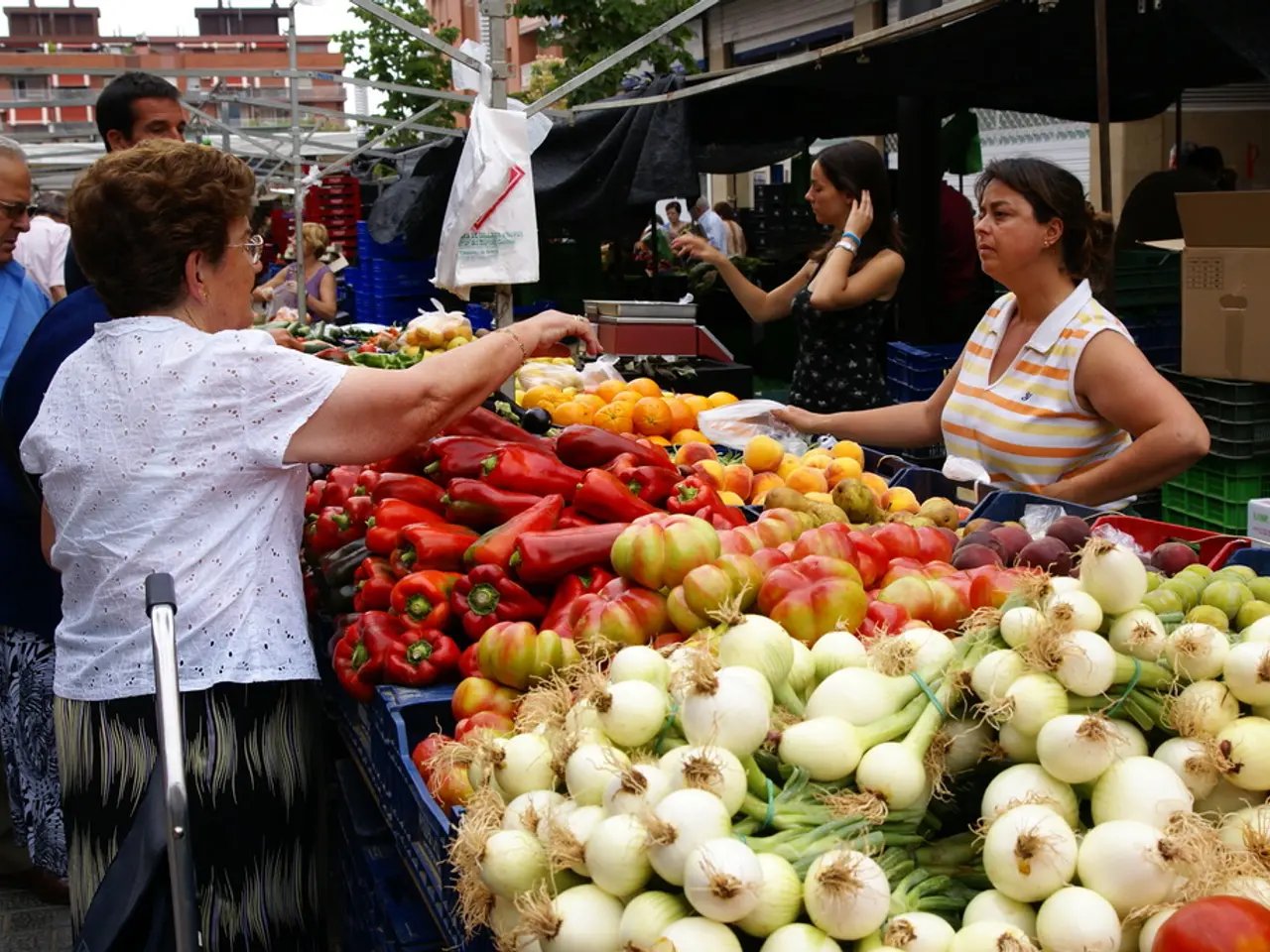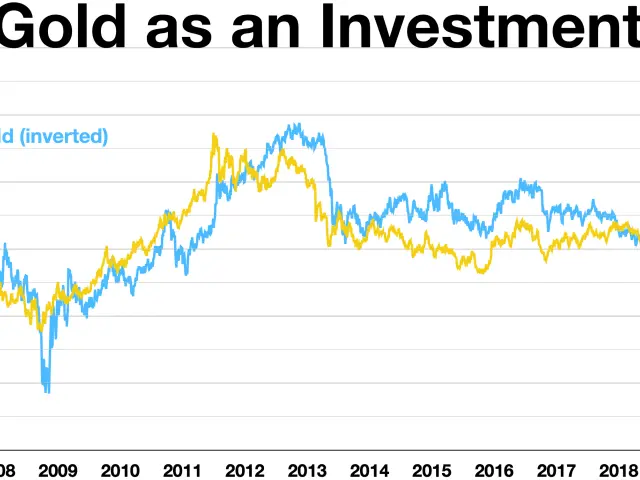Delay in agreement: ongoing talks about managing plastic waste persist
The final round of negotiations for a legally binding treaty on plastic pollution, aimed at curbing the vast amounts of plastic waste that are destroying ecosystems and threatening human health, took place in Geneva last week. However, the anticipated global pact against plastic waste remains elusive, as the UN negotiations failed to reach a final agreement due to deep divisions among countries.
The most recent round, held from August 5-14, 2025, was intended to finalize the treaty but ended without consensus. The key challenges in negotiations included opposition from petrochemical-producing countries, disagreements on binding obligations, trouble agreeing on finance provisions, and the current UN consensus-driven negotiation process being seen as unable to resolve these deadlocks.
Opposition from countries such as Saudi Arabia, Iran, and Russia, which have the raw material for plastic - oil - prevented the advocated restrictions aimed at phasing out single-use plastics like cutlery, cups, and packaging, and promoting reusable products, recycling, and the circular economy. These countries are doing everything to prevent production restrictions, hindering the progress of the treaty.
The global pact on plastic waste covers the entire lifecycle of plastic, from production to design to waste management. The advocated measures also aim to protect human health from the threats posed by plastic waste, as microplastics are increasingly found in organs and even in the brain.
Despite the setback, all parties expressed a strong desire to remain engaged and continue negotiations. The UN Environment Programme Executive Director Inger Andersen and UN Secretary-General António Guterres emphasized the importance of persistent efforts to secure a treaty in future sessions. The next round (potentially INC-5.3) is expected to resume at an unspecified date.
Plastic production has increased sevenfold from 1970 to 2020, reaching 367 million tons per year. It is estimated that there are 152 million tons of plastic waste accumulated in rivers and oceans worldwide. Germany and over 100 other countries advocate for limiting plastic production to a sustainable level, as without measures, plastic production could reach almost 600 million tons per year by 2050.
The global pact on plastic waste aims to establish a legally binding contract to address the urgent issue of plastic pollution and protect the environment, seas, and air from the threats posed by plastic waste. The international commitment to continue talks remains strong, despite the challenges faced in the current negotiations.
Read also:
- Amidst India's escalating climate crisis, transgender individuals continue to persevere
- Germany's three-month tenure under Merz's administration feels significantly extended
- Governing body allegedly persists in enjoying vacation time amidst Spain's highest danger level due to fires, claims Feijóo
- United Nations Human Rights Evaluation, Session 45: United Kingdom's Statement Regarding Mauritius' Human Rights Record








